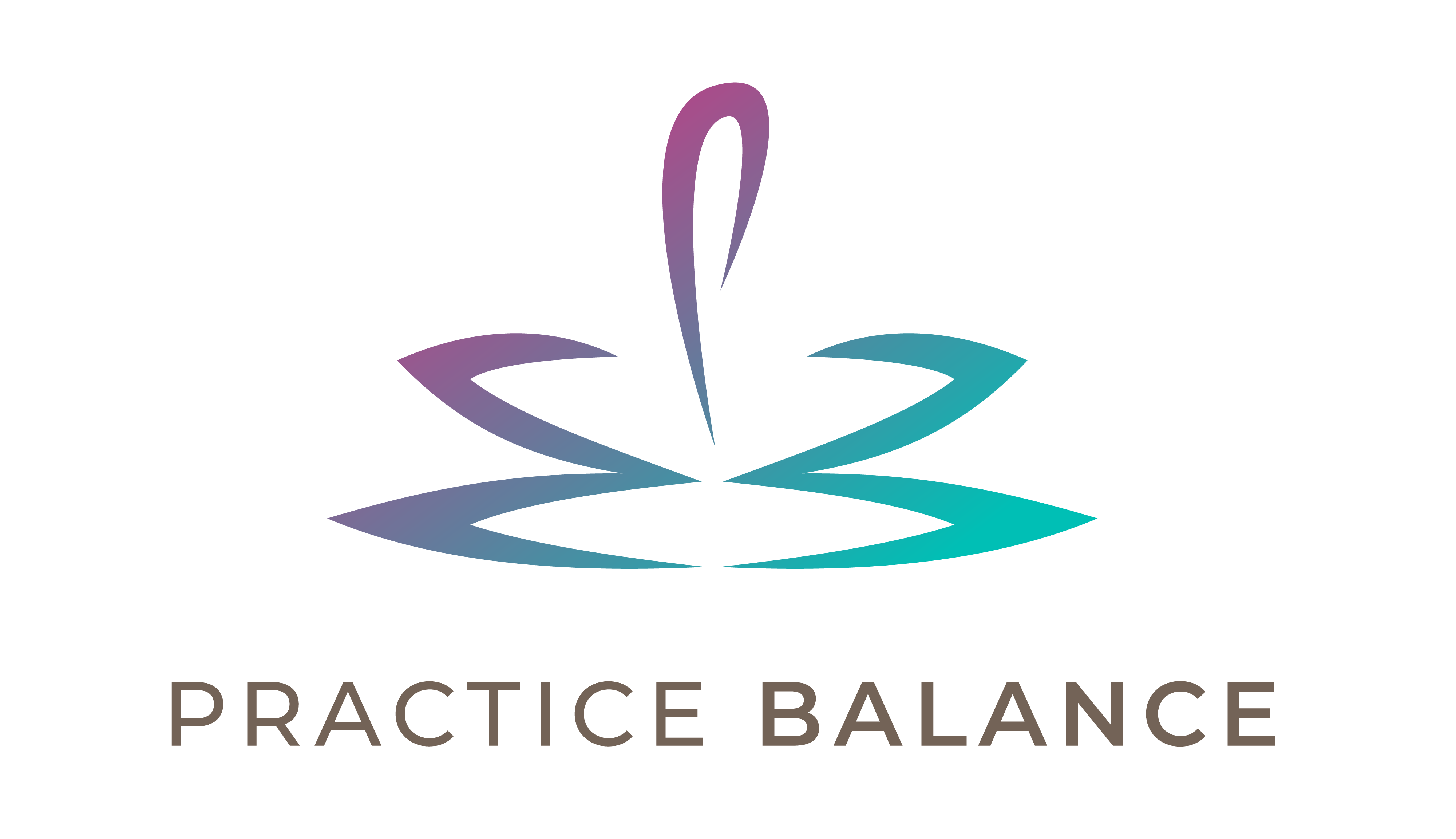
No, this is not a blog post about those little round candies…
In the medical world, M&M stands for Morbidity & Mortality Conference. In other fields or any corporate environment where long-term projects come and go, it can be referred to as a Post-Mortem. Much like an autopsy, medical cases or events or projects are dissected piece by piece to determine the best learning points (either positive or negative) that can be gleaned from the participants’ experience.
These meetings are not as sweet as M&M candies, however. In medicine, cases are normally chosen for M&M because they are associated with some sort of adverse patient outcome. In fact, they can sometimes become contentious, bringing out strong opinions about whatever decisions were made by the involved parties.
“But doctor, why didn’t you…?”
“Did you consider _____ before _____?”
Depending on the audience, if you are the presenting party standing up in the front, naked and vulnerable and being challenged by your colleagues about actions in the past that you may/may not remember and for sure can’t take back, it can be relatively stressful. But if you let go of your ego and look at it from a new angle, M&M can actually be a very useful tool in the process of self-care and stress management.
I came across this 2012 study (Thanks, Whole9!) entitled, Disclosing Information About the Self is Intrinsically Rewarding. The authors imaged the brains of participants with fMRI and found that when they were sharing personal experiences with others, their mesolimbic dopamine systems were activated. Thus, they stimulated reward centers in the brain. So while picking apart our actions when something went wrong definitely benefits our patients, it also can benefit us!
The next time you have to present at M&M, look at it as an opportunity to share important knowledge about your experience instead of as a dreaded “pimping session”. If you don’t have such an opportunity in place with your current practice group, consider starting one.


 If you only make one resolution this year…
If you only make one resolution this year…

I love this! Something I will now share with residents who are feeling stressed about M&M. Of course, it would also help for us to approach M&M less as a blaming opportunity and more as a learning opportunity. There was an article from the ASA Closed Claims project back in the 90s where they sent out the case summaries to physicians asking if standard of care was met. They sent out these summaries with either a good outcome or a bad outcome. When there was a good outcome, most of the reviewers considered that standard care was met; when bad, most agreed it was not. For the same cases! Shows the challenge of approaching M&M as a learning experience! Since the M&M cases have a bad outcome by definition, attendees start with the expectation of lack of standard care.
Thanks, HH! That ASA article is interesting. I think we all need a paradigm shift in how we view M&Ms. Luckily, our department seems to be pretty good at treating them like knowledge-sharing events vs. blame games.